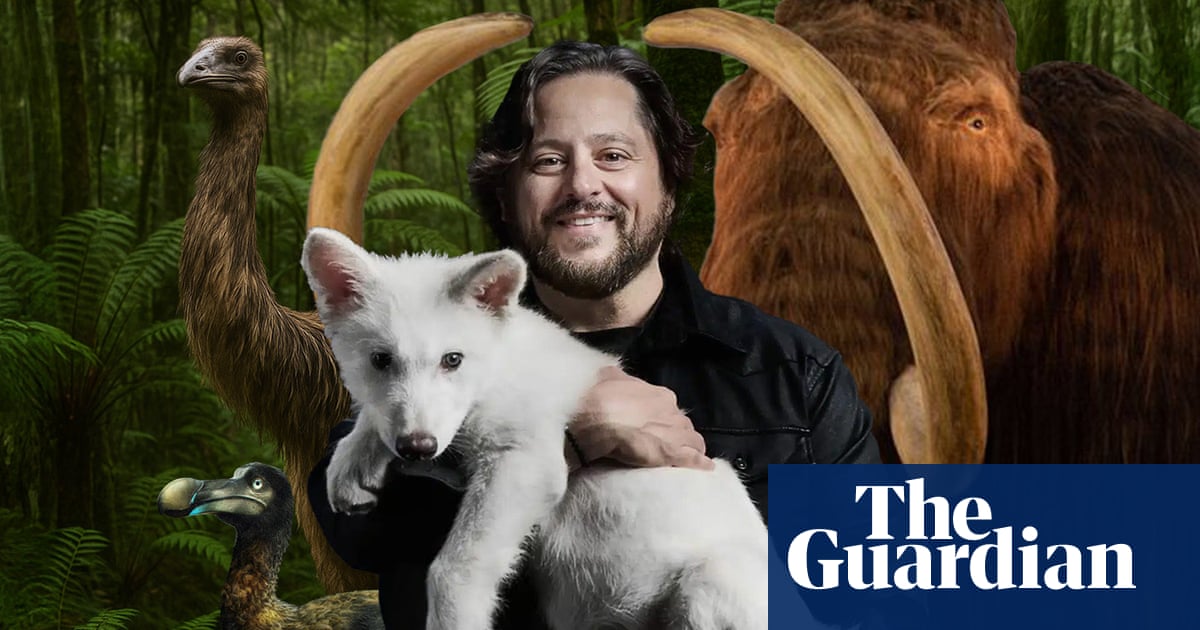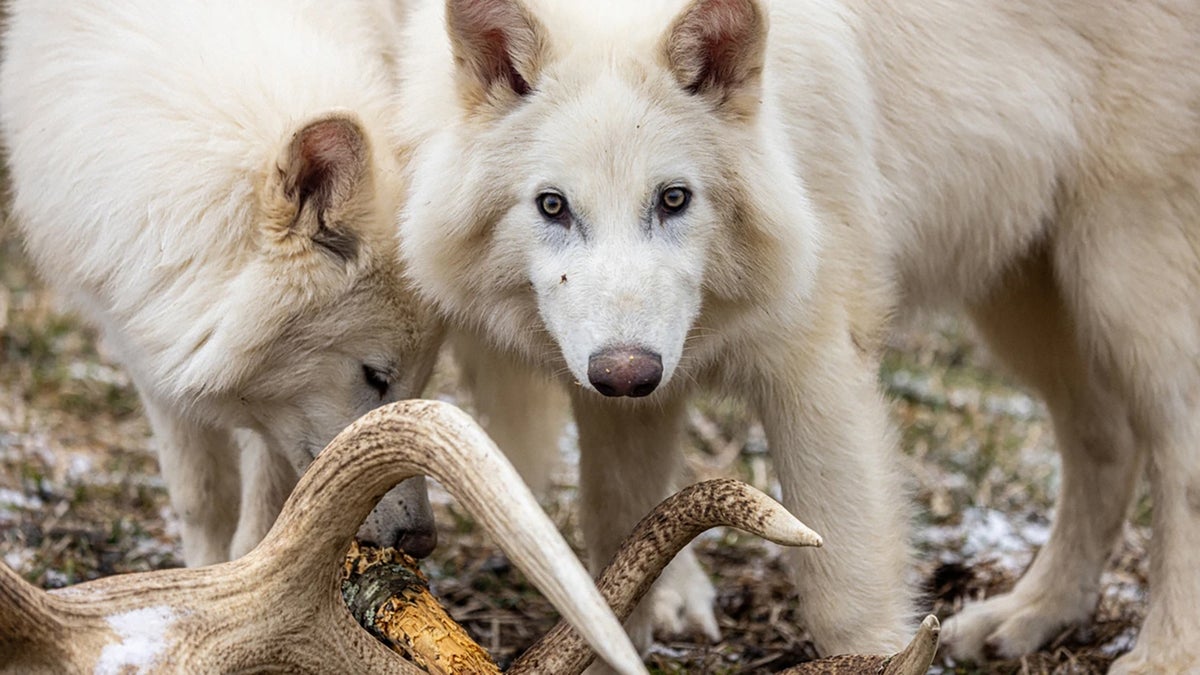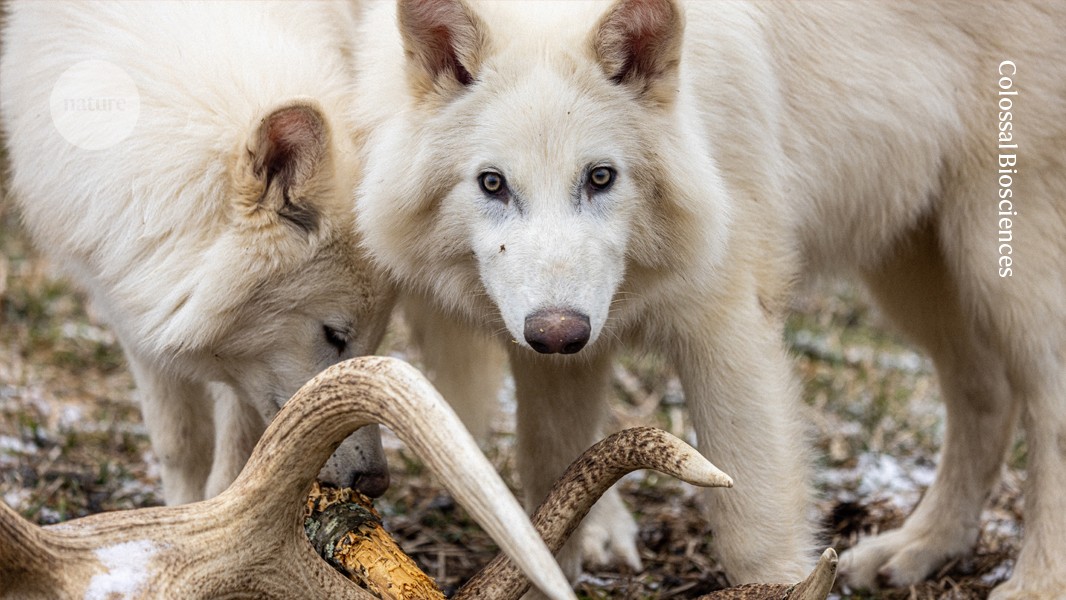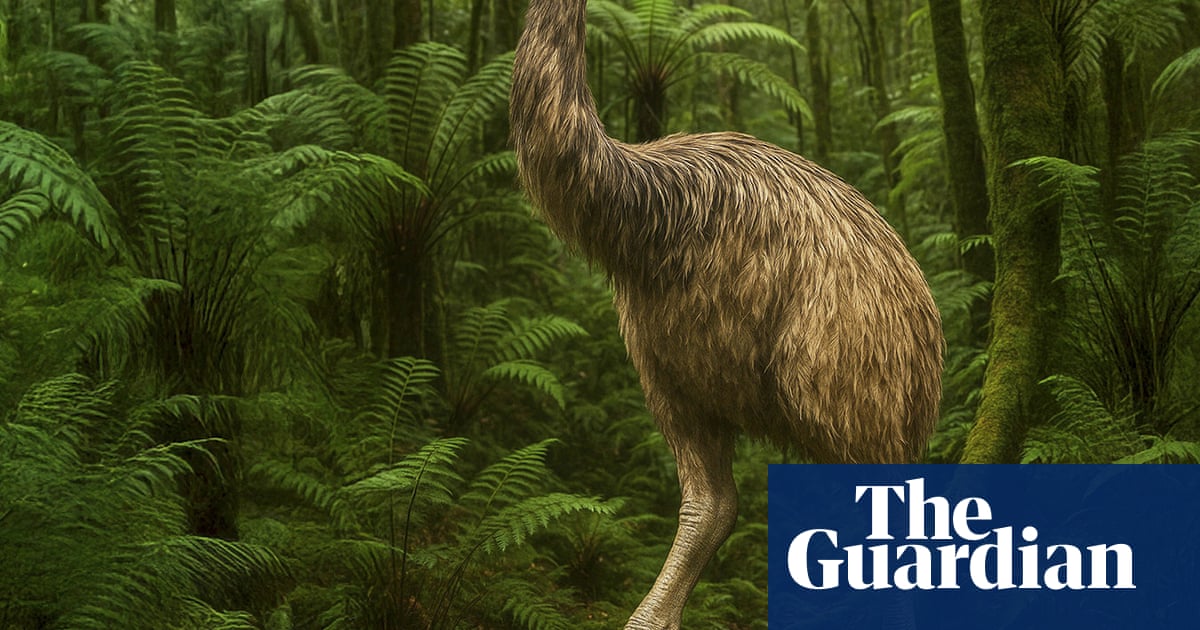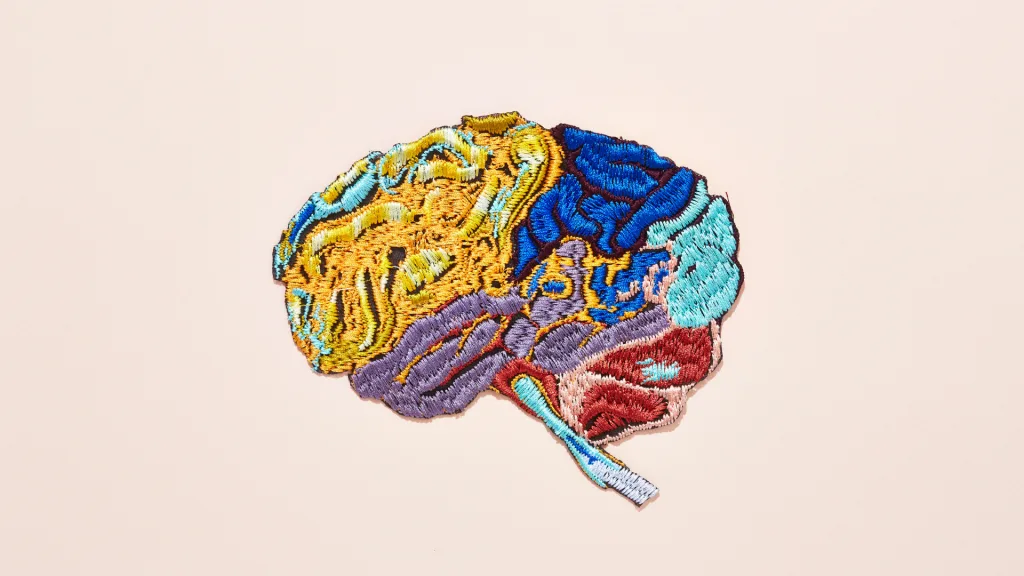#genetic-engineering
#genetic-engineering
[ follow ]
#de-extinction #colossal-biosciences #conservation #crispr #biodiversity #cloning #ethics #dire-wolf #dire-wolves
fromPinkNews | Latest lesbian, gay, bi and trans news | LGBTQ+ news
1 month agoMusk once said humans could change species and everyone's having the same reaction
"I think there's going to be a lot of breakthroughs on the medical side, particularly around synthetic mRNA," Musk says in the video. "You can basically do anything with synthetic mRNA - DNA. It's like a computer program. "With effort that's not too crazy, you can probably stop ageing - reverse it, if you want. You can turn someone into a fricking butterfly, if you want, with the right DNA sequence. So... I mean, caterpillars do it."
US politics
Cancer
fromNature
2 months agoLymph node environment drives FSP1 targetability in metastasizing melanoma - Nature
Multiple murine and human melanoma cell lines, including B16-F0 derivatives and engineered knockouts/overexpressors, were authenticated, cultured in DMEM with 10% FBS, and tested for mycoplasma.
fromwww.independent.co.uk
4 months agoScientists invent superfood' they hope will save honeybees
Scientists have devised a food supplement for bees that they say will have a wide-reaching effect on global food security. The experts say the yeast strain will help honeybees live longer as intensive farming and the climate crisis rob the insects of flowers and pollen. It is hoped the breakthrough will stem the decline in populations of wild bees, which are important pollinators. They help contribute to the production of at least 70 per cent of major global crops such as almonds, apples and cherries.
Agriculture
fromwww.theguardian.com
6 months agoThe Guardian view on mitochondrial donation: IVF innovation leads to a cautious genetic triumph | Editorial
Eight babies have been born free of a disease linked to mitochondrial mutations thanks to mitochondrial transfer technology, despite some countries banning such procedures.
Science
[ Load more ]
